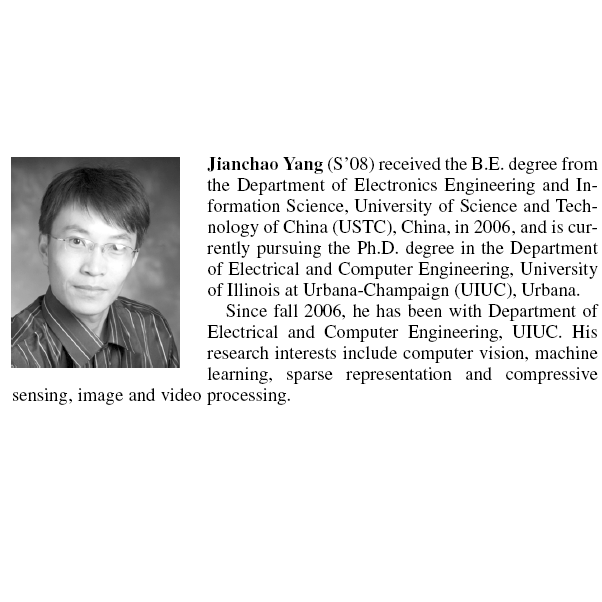Dictionary learning aims at seeking a dictionary under which the training data can be sparsely represented. Methods in the literature typically formulate the dictionary learning problem as an optimization w.r.t. two variables, i.e., dictionary and sparse coefficients, and solve it by alternating between two stages: sparse coding and dictionary update. The key contribution of this work is a Rank-One Atomic Decomposition (ROAD) formulation where dictionary learning is cast as an optimization w.r.t. a single variable which is a set of rank one matrices. The resulting algorithm is hence single-stage. Compared with two-stage algorithms, ROAD minimizes the sparsity of the coefficients whilst keeping the data consistency constraint throughout the whole learning process. An alternating direction method of multipliers (ADMM) is derived to solve the optimization problem and the lower bound of the penalty parameter is computed to guarantees a global convergence despite non-convexity of the optimization formulation. From practical point of view, ROAD reduces the number of tuning parameters required in other benchmark algorithms. Numerical tests demonstrate that ROAD outperforms other benchmark algorithms for both synthetic data and real data, especially when the number of training samples is small.
翻译:文献中的方法通常将字典学习问题写成一种优化 w.r.t.t. 两种变量,即字典和稀少系数,然后在两个阶段之间交替解决:低编码和字典更新。这项工作的主要贡献是一阶原子分解(ROAD)的配方,词典学习被作为优化 w.r.t. 的组合。从实际角度看,ROAD减少了其他基准算法所要求的调整参数数目。与两阶段算法相比,ROAD最大限度地减少系数的宽度,同时在整个学习过程中保持数据一致性限制。乘数的交替方向方法(ADMMM)是用来解决优化问题和较低约束参数的计算,以保证全球趋同,尽管优化配方不统一。从实际角度看,ROAD减少了其他基准算法所要求的调整参数数目。与两阶段算法相比,数值测试显示ROAD在合成数据和实际数据的培训中都比其他基准算法小。




